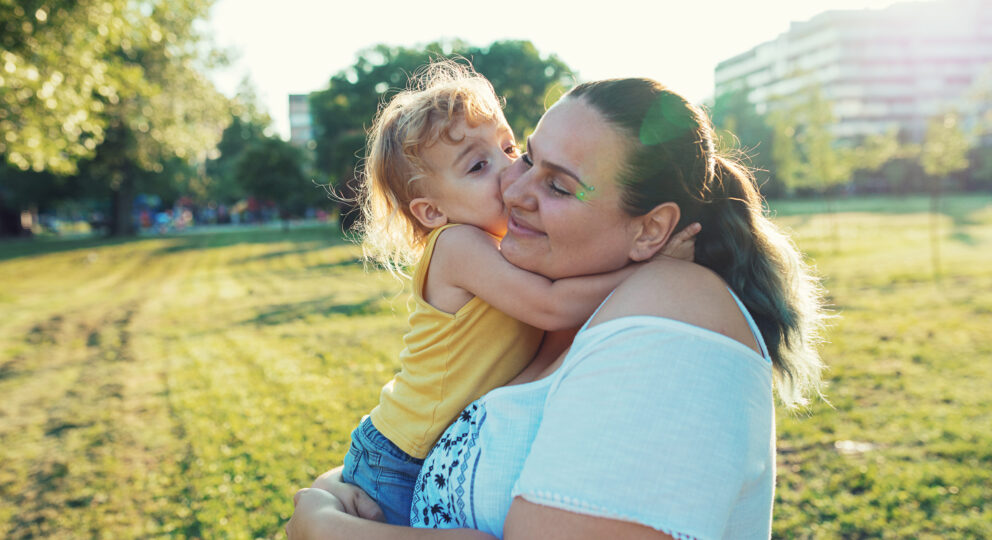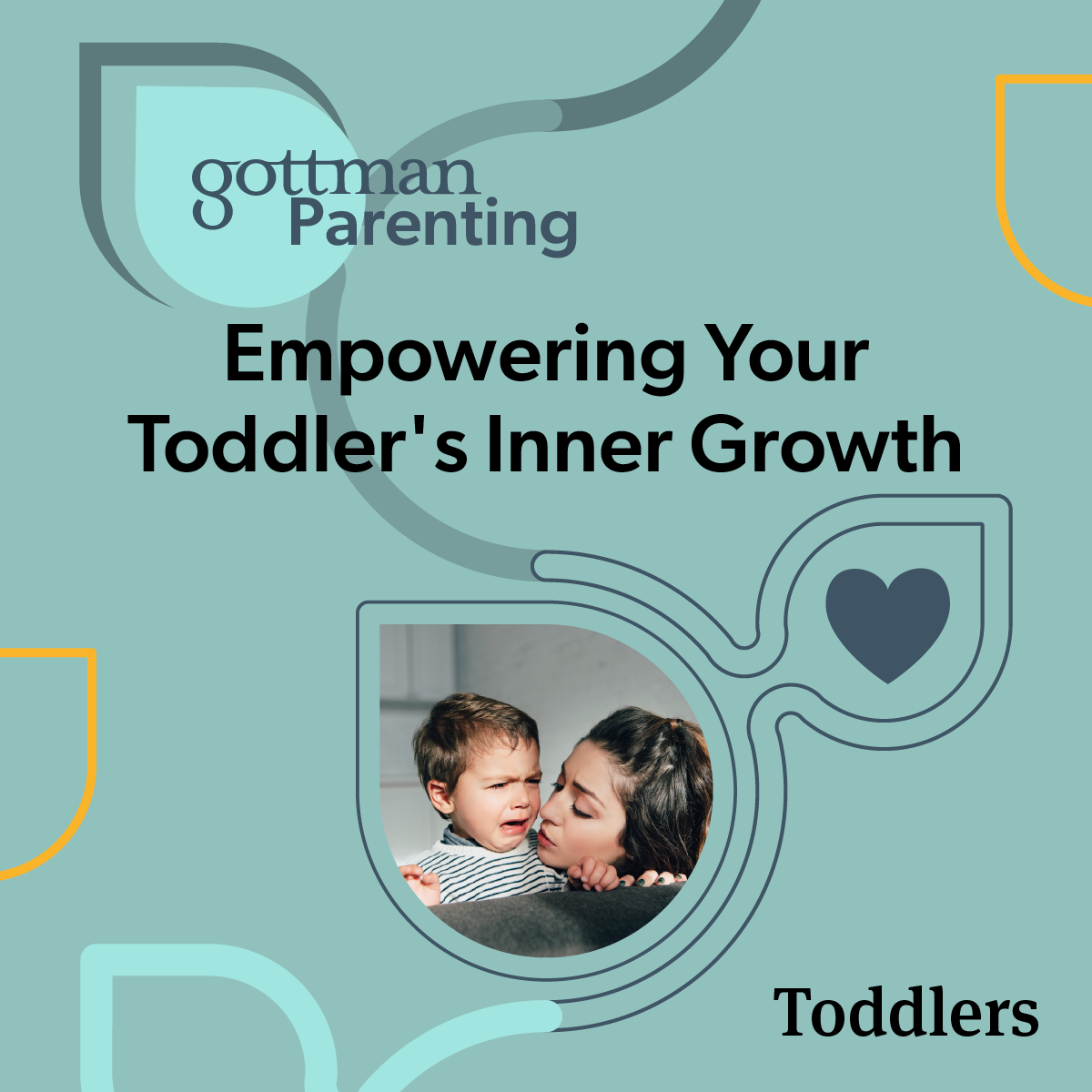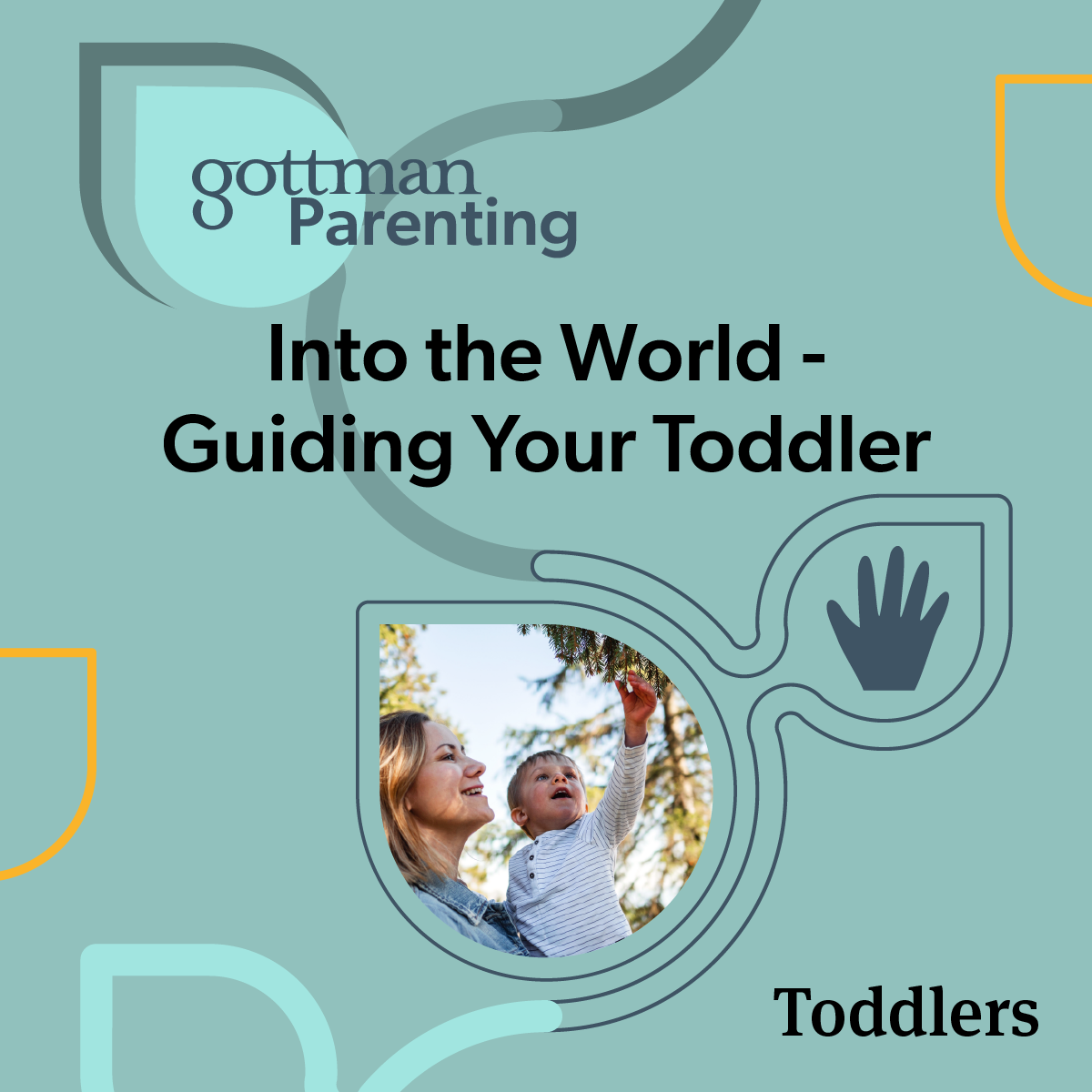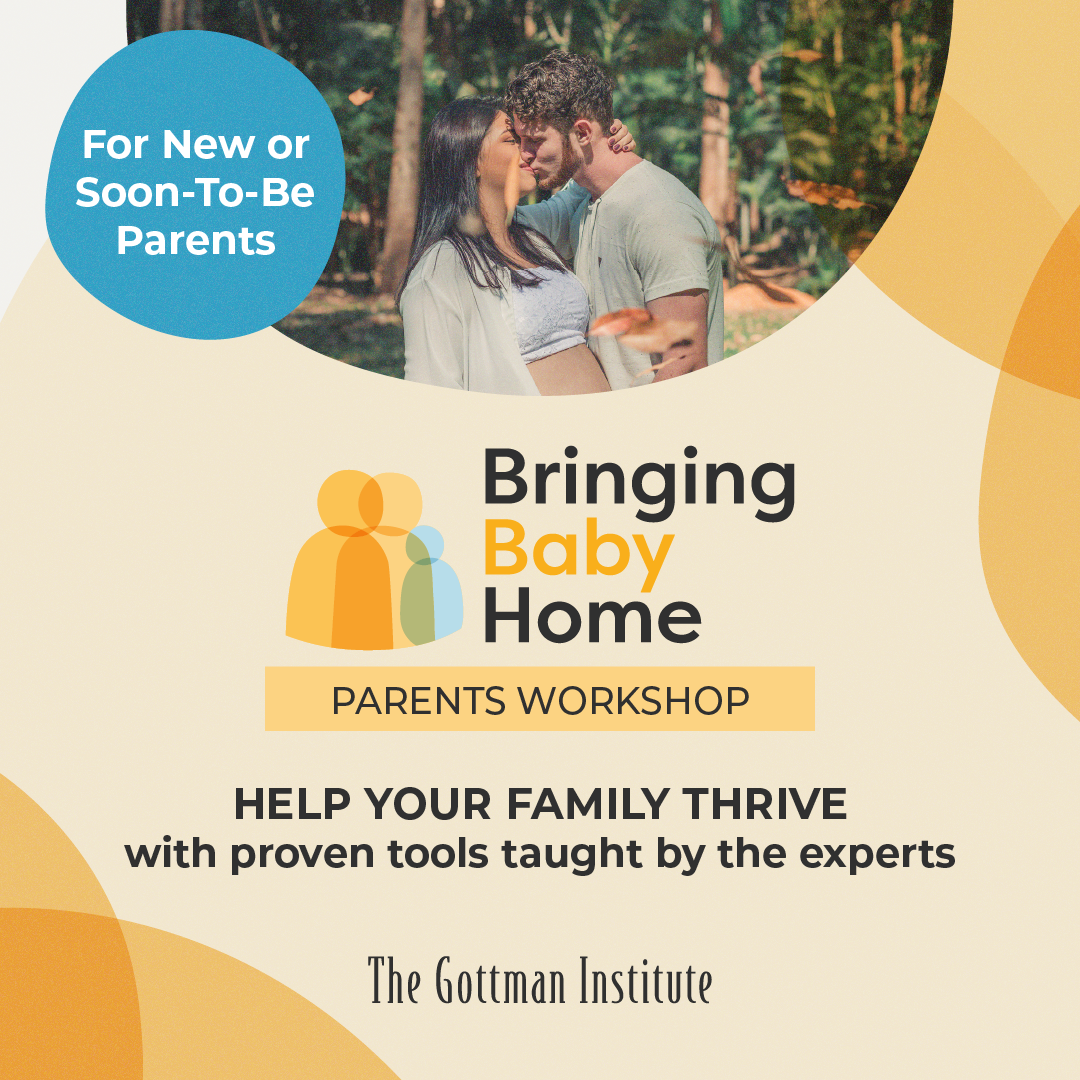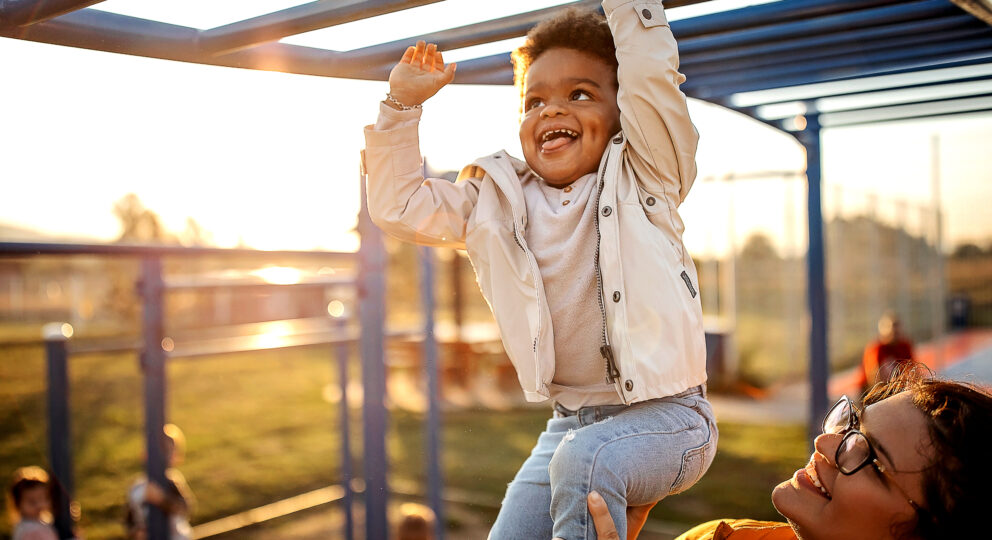Before I begin, I should let you know my expertise in this area – I’ve survived the toddler years with one child, and I’m in the thick of the 2’s with my other. Yes, sure, I’m also a clinical psychologist, Certified Gottman Therapist and Bringing Baby Home educator, but honestly, I know myself when I’m talking to another parent about how it took me two hours to dress my child this morning (this is no exaggeration). A well-intentioned friend of a younger or much older child will make suggestions, whereas a parent of a 2-year-old will look me deep in the eyes and say “I feel so much better I’m not the only one.” In that moment, I feel seen. You are not the only parent struggling with this. It is hard and we all need a little help.
So here are 5 tips from one parent to another on surviving the 2s
1. Be real about the struggle
In my experience as a mom and a clinical psychologist, parents often underreport the struggle, for fear of being perceived as a “bad parent”. When working as a perinatal psychologist, I spent much of my time reassuring new moms that “no you are not the only mom whose baby isn’t sleeping,” and “yes, other moms are experiencing the same struggles – they just aren’t talking about it.” Interestingly, when these moms did share their struggles they were often met with, “me too. I thought I was the only one.”
2. Tap out when you need to
My number one strategy both as a parent myself and in therapy with couples of toddlers: you need to tap out. Sure, there are things you can do that will help, but ultimately this stage is going to be hard for most parents. Our little ones are going through a huge developmental leap and it’s a lot for them (and for us!). They need a LOT of patience. And I am yet to meet a parent in this stage who hasn’t had a moment where they reached their threshold. If you don’t have a co-parent who you can tap out with, try and find people who can help you or ways you can safely tap out. A neighbor? A friend? Or perhaps taking them to an indoor playground, so you can sit back and take a moment to breathe.
3. Choose your battles
If you’re parenting a toddler, you’ve probably heard other parents suggest this. But what do they mean? Well, firstly two-year-olds have BIG emotions, and as Dr. John Gottman refers to it, when they become flooded with emotion, often so do you. When you’re flooded, you go into a state of physiological overwhelm. As parent, you need to be able to firstly regulate yourself, then be able to regulate your child. And honestly, as a parent of a 2-year-old, I don’t have it in me all the time. If I know there is something that is going to be difficult for my child and I don’t have it in me to help them through it, I chose not to do it (at this time). Recently, my 2-year-old was giving cues they were ready to start toilet training, but we were going on a long boat ride and moving house shortly after. So, I postponed potty training. Does this make me a bad mom? No. Does this make me a mom who understands her own thresholds? Yes.
4. Prioritize the relationship
Dr. John Gottman talks about our relationship bank account. In my experience, this is equally important in our couple relationships as it is with our kids. We spend a lot of time “doing for” our kids—making breakfast, lunch, and dinner and the hundred snacks in between, cleaning up after them….and the list goes on. There’s so much “doing for” that sometimes we have little left to “be with”. “Being with” is when we’re fully present with our child, engaged in something they are interested in. Maybe it’s building a fort, playing cars, reading a book, or just being present in a cuddle. If you’re exhausted and you want to be with, choose something that works for you. For me, my go to is a hand massage (he loves squishing the cream out) or a hair cut (with his plastic scissors of course).
5. Take care of you
Mamas and papas parenting a 2-year-old is serious business, and so is this. You need to take care of you. That ear piercing scream, walking into a room where your toddler has found the pens and the wall is their masterpiece, when they decide to make their own breakfast, when they need to get changed, or insert any moment between bed time and wake time. These situations can easily trigger our fight, flight, freeze switch. Remember earlier when I said two-year-olds require a lot of patience? They also require us to be in our window of tolerance so we can cope with these moments. It’s that old adage: put your face mask on before your child’s. You need to be okay so your child can be okay. If that means sending the kids to the in-laws so you get a good nights sleep, or arranging an extra day of childcare so you can spend a day tending to no ones needs but your own, or organizing a play day date so you can hit the gym, so be it. Whatever it is, you need to take care of you, so you can take care of them.
FINAL THOUGHT
Parenting a 2-year-old can take a lot of patience and energy. Even though you’re probably feeling exhausted, try and connect with others, share the load where you can, and remember to do things to take care of you. If you need more tips or just want to know that you are not alone, you can read more parenting blogs or check out the Gottmans’ Emotion Coaching program to learn more about helping little humans with big emotions.
